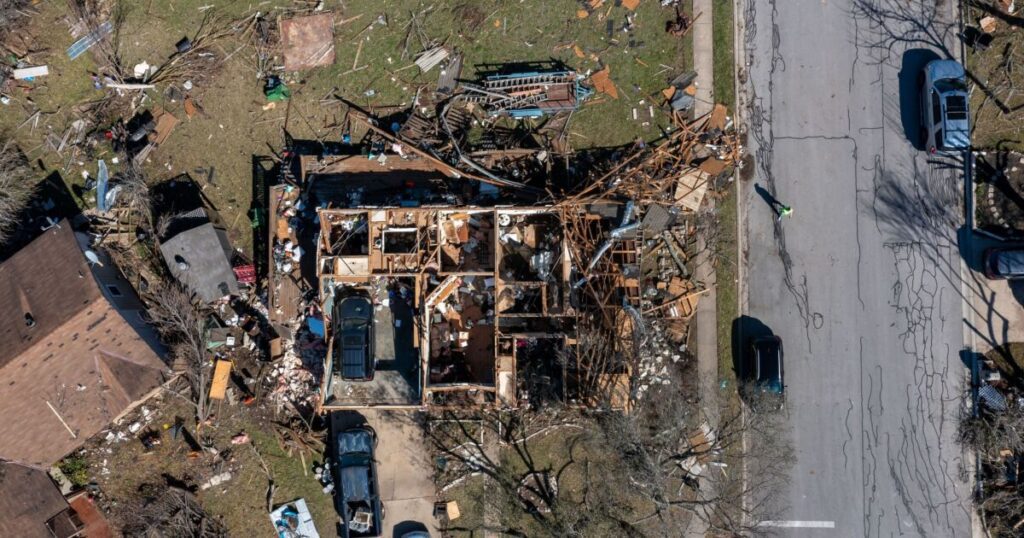Climate Week NYC: How insurance is tackling natural disasters

Climate Week NYC is now behind us, and the sheer number of people who traveled to New York, as well as the expertise and enthusiasm on display, should make us optimistic. But not so optimistic that we forget that, now as always, words and feelings matter less than concrete action. We all have to play our part in addressing what is certainly the biggest global challenge in modern history.
How is insurance playing its part? The traditional – if inaccurate – characterization of insurance is that it only shows up after a calamity has happened, helping those affected to rebuild. Advances in technology are proving that this is miles wide of the mark. Because those advances, which are taking place in fields like space technology, geospatial analytics and artificial intelligence, are allowing insurers to predict climate events with a high degree of precision, in some cases prevent them, in other cases warn those likely to be affected, and in all cases support a fast, effective response.
Flooding, like that which recently took place in central Europe, or even that which just happened in the U.S. due to Hurricane Helene, may not have been preventable. These were serious events, on which, at least in the case of the first, climate change can be blamed. But it’s very possible that geospatial data – imagery taken from satellites, then processed by AI and turned into actionable insights – could help with similar events in the near future in some way.
Now, data can be integrated into ‘one-stop shop’ AI-powered platforms which display, for example, the latest information on flood risk, or wildfire risk, or the threat of any other natural hazard. Using predictive analytics, it can warn people that a flood is likely or impending in their area, and encourage them to take preventative or evasive action. Such a platform can alert clients during an event to enable them to respond swiftly and potentially contain the disaster before it spirals out of control or, at least, to help those affected without delay in its aftermath.
Insurers are the orchestrators: bringing together all of the companies and their information so they can offer, in the form of a single system, a risk management service to their clients that puts prevention front and center.
Insurers are not regulators. They can’t pass laws designed to limit global warming and its effects. But they have an enormous role to play in societal resilience: arming people with the information they need to make sure that, as the planet heats up, and extreme weather becomes more common, they and their assets are less likely to be harmed. Knowledge, after all, is power; and it might not be enough power to change the tide of the climate crisis, but it can still improve things to an extraordinary degree. Far from being an industry that turns up in the aftermath of a crisis, insurance can be there before, during and after, changing the course of events for the better.
The world is changing, and we all have to change with it. We need to look forward, to keep innovating, and to embrace the new tools and types of technology available to us so that we can grapple confidently with the challenges we face. The climate crisis is one such challenge, and one that must be tackled head on. All individuals must do their bit. All industries must play their part.




